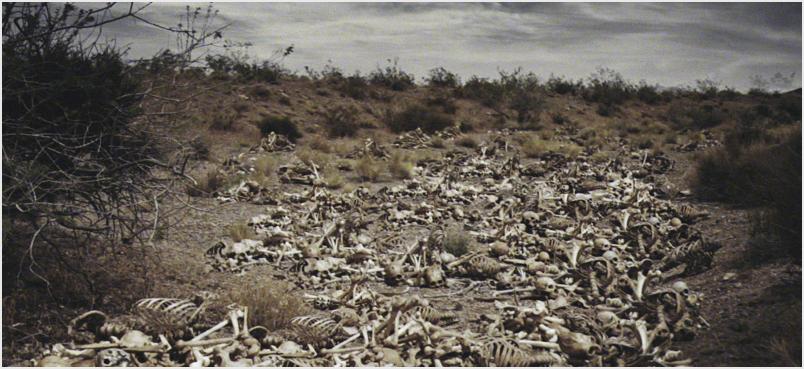In today’s First Reading Ezekiel has a vision of the glory of the Lord returning to the Temple. Earlier he had a vision of that same glory leaving the Temple when it and Jersusalem were about to be conquered by the Babylonians. The Lord promises to dwell among the children of Israel forever. This promise goes beyond the building; the Temple would be rebuilt, but after it was destroyed in 70 A.D. by the Romans it was never rebuilt. The Lord meant something more in this vision.
When we are baptized the most Holy Trinity comes to dwell in our hearts. The Lord is always with us, and St. Paul reminds us that we are temples of the Holy Spirit (see 1 Corinthians 6:19-20) and should act accordingly. Just like Ezekiel’s visions, when we commit grave sin the Lord doesn’t just leave our hearts; we kick him out. Even in those sad moments he is just waiting for us to reconcile with him and welcome him back. He wants to be with us forever and he will be, if we let him.
Communion with the Lord means you are never alone. He is always with you. Let’s thank him today for this precious gift, and if we do feel like we’ve kicked him out of our hearts, let’s not be shy about putting out the “welcome mat” again through the sacrament of Reconciliation.
Readings: Ezekiel 43:1–7ab; Psalm 85:9ab, 10–14; Matthew 23:1–12. See also 2nd Week of Lent, Tuesday, 20th Week in Ordinary Time, Saturday, 32nd Sunday in Ordinary Time, Cycle B, and 9th Week in Ordinary Time, Saturday.


